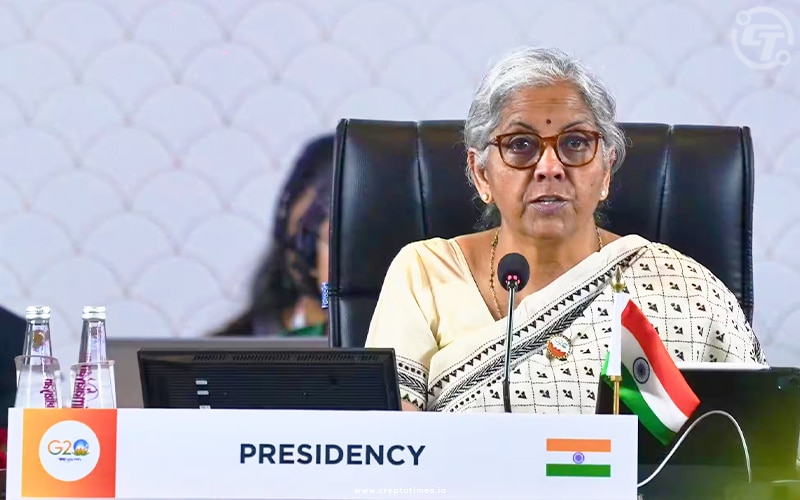The International Monetary Fund (IMF) and the Financial Stability Board (FSB) rolled out a joint paper in which there are policy recommendations in response to a request from the Indian presidency of the G20.
To provide guidance and help different jurisdictions around the risk related to crypto activities, both organizations have generated a paper to combine the standards and consolidate collective recommendations.
In the policy papers, it is suggested that stablecoin and decentralized finance (DeFi) activities should be regulated. Additionally, it explains the alignment and interactions between the regulatory frameworks and policies created by the FSB and IMF. For the relevant authorities, it does not set or generate new policies, recommendations, or expectations.
Stablecoins, created to hold a stable value, can suddenly become volatile and pose a huge risk to financial stability, as per the paper. For the DeFi protocols, the paper mentioned that the process used for providing service could be different from the traditional financial platform but it “does not differ substantially from the traditional financial system in the functions it performs.”
As noted in the paper, DeFi has tried to replicate some functions of the traditional financial system, which can also increase and inherit those systems’ risks and vulnerabilities. Leverage, operational fragilities, interconnectedness, liquidity and maturity mismatches are a few examples of this.
In the paper, there is a roadmap that includes “planned and ongoing work related to the implementation of crypto-asset policy frameworks, which taken together seek to: build institutional capacity beyond G20 jurisdictions; enhance global coordination, cooperation, and information sharing; and address data gaps necessary to understand the rapidly changing crypto-asset ecosystem.”
Also Read: G20 Countries Receive Blueprint on Regulation of Crypto Assets







